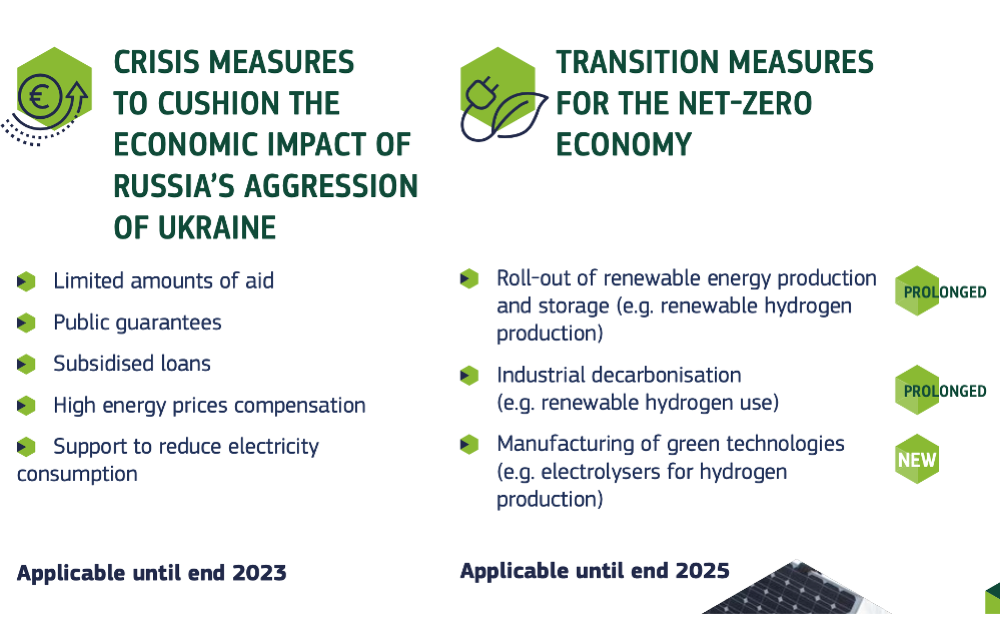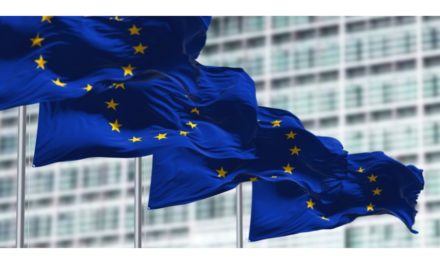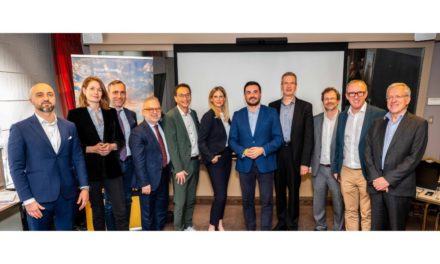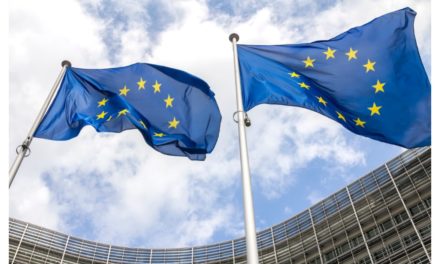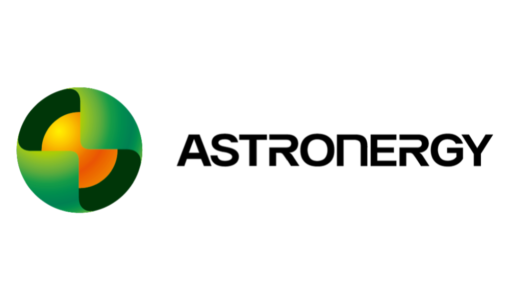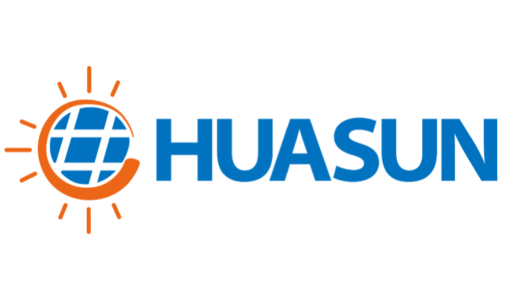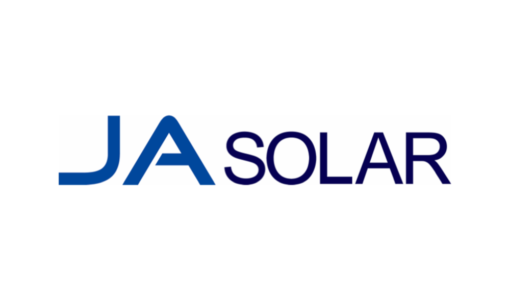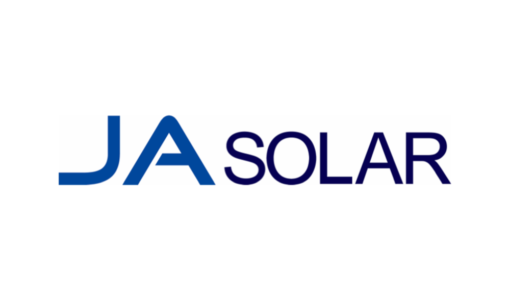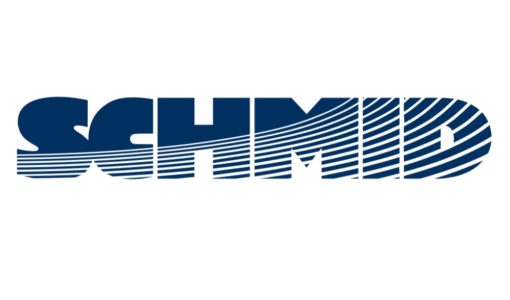- EC’s Temporary Crisis and Transition Framework is aimed at continued support for renewables and clean tech manufacturing in the bloc
- It enables member states to speed up renewable energy and energy storage deployment till 2025-end
- Clean-tech production, including for solar panels, is also included in the framework
- EC boss Ursula von der Leyen said in her meeting with US President Joe Biden, they agreed on a transparency dialogue concerning the incentives given to the clean-tech industry
As pressure from all quarters builds up, the European Commission (EC) is speeding up its renewable energy support measures with the latest decision expanding the timeline for state aid schemes till December 31, 2025 and also enabling investment support for manufacturing of ‘strategic equipment’ including solar panels.
Adopted on March 9, 2023, and part of the Green Deal Industrial Plan (GDIP), the Temporary Crisis and Transition Framework—which is an amended Temporary Crisis Framework adopted in March 2022—enables member states of the European Union (EU) to speed up investment and financing for clean tech production in the bloc (see EU Promises Green Deal Industrial Plan For Clean Technology).
Specifically, under the framework, members will be able to accelerate the rollout of renewable energy and energy storage, along with schemes for decarbonization of industrial production processes till 2025-end. This includes providing for higher aid ceilings and simplified aid calculations. Aid will be available for energy producers.
Apart from solar panels, the new framework will also boost investments for the manufacturing of wind turbines, batteries, heat-pumps, electrolyzers and carbon capture usage and storage. Production of key components and recycling of related critical raw materials also fall into its ambit.
Companies located in disadvantaged regions and small and medium enterprises (SME) are eligible for higher support for manufacturing. In exceptional cases, the EC makes it clear, higher support should be provided to individual companies ‘where there is a real risk of investments being diverted away from Europe’.
Focus is also on sustainability as the beneficiary of the state aid under the revised framework is required to use state-of-the-art production technology from an environmental emissions perspective.
“State aid rules, and in particular the Temporary Crisis Framework, have helped Member States cushion the impact of the current crisis in Europe. The framework that we have adopted today gives Member States the option to give State aid in a fast, clear and predictable way,” said EC’s Executive Vice-President in charge of Competition Policy, Margrethe Vestager. “Our rules enable Member States to accelerate net-zero investments at this critical moment, while protecting the level playing field in the Single Market and cohesion objectives. The new rules are proportionate, targeted and temporary.”
Remaining measures of the Temporary Crisis Framework of March 2022, with regard to liquidity support, subsidized loans, aid to compensate for high energy prices, among others will continue to remain in force till December 31, 2023. Need for an extension will be assessed by the commission at a later stage.
Details about the Temporary Crisis and Transition Framework can be viewed on the EC’s website.
In the absence of any clarity on state support for solar PV manufacturing several companies are heading to the US where the Inflation Reduction Act (IRA) is attracting the whole lot. European companies like Enel and Meyer Burger have already announced their manufacturing plans for the US. In the light of this, need to achieve decarbonization targets, and the energy crisis that dependence on Russian fuel has plunged Europe into, has only made it imperative for the EU to quickly take steps to address the situation.
Recently, EC Commissioner Ursula von der Leyen met US President Joe Biden and said the duo have agreed on a ‘transparency dialogue concerning the incentives are being given to the clean-tech industry’.
“For us is important on both sides of the Atlantic to know what kind of incentives are being given to the clean-tech industry to make sure that we join forces to boost the clean-tech industry. That is crucial and paramount for reaching a circular economy, a net-zero economy,” reads Leyen’s statement post the meeting, but no more details were shared.
Later this week, on March 16, the EC plans to publish its GDIP Net Zero Industry Act (NZIA) of which leaks included a target for a 40% PV manufacturing target of internal demand in 2030, which translates into around 50 GW, if 125 GW will be deployed as estimated by SolarPower Europe (SPE). End of January, trade association SPE had published a position paper on the GDIP, asking for key actions, including ‘Mobilising public and private finance for large-scale manufacturing’, and ‘leveraging solar PV demand for European manufacturing through “best-in-class” solar products based on ESG criteria that would be used in public procurement and auctions.’

